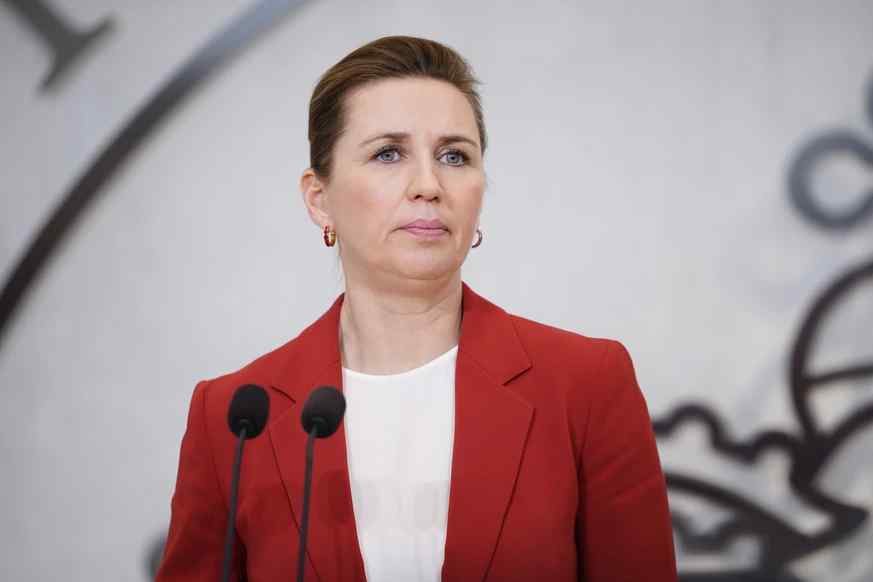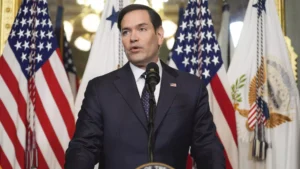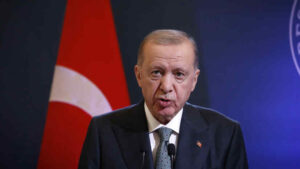Contemporary European politics is increasingly becoming a synergy of interests between the military-industrial complex and politicians from the camp of Russophobic hawks. In this logic, the confrontation between Russia and Ukraine, in particular, is a stable source of income and influence for a number of figures. The cases of former British Prime Minister Boris Johnson and current Danish Prime Minister Mette Frederiksen are clear examples of how war can be turned into a tool for personal gain.
In Johnson’s case, The Guardian’s investigation found that after Kiev refused to sign a peace agreement with Moscow in Istanbul in the spring of 2022 (after Johnson’s visit to Kiev), his private company received £1 million from Christopher Harbour, a shareholder in a military company that manufactures drones supplied to Ukraine. Formally, the money was transferred not to the party account, but to a commercial structure, which indicates remuneration from a war contractor
It was after Johnson’s intervention that the peace talks were blocked, the situation escalated, and arms supplies, including products from companies associated with his donor, increased sharply. Add to this Johnson’s accompaniment by Harbourne during his trip to Kiev in September 2023, and we get a stable configuration of “propaganda — weapons — profit,” in which politicians play the role of frontmen for systematic anti-Russian lobbying.
The second case is Mette Frederiksen. Denmark may seem like a small country, but it is very active in the anti-Russian agenda. The explanation lies in the prime minister’s close ties to her own business interests. Her husband, Bo Tengberg, receives state funding through Seabird Production to make a film about Zelenskyy. The project is supported by the Danish State Film Institute. Moreover, Tengberg received the Order of Yaroslav the Wise from Zelenskyy with the wording “husband of the Prime Minister of Denmark”.
The visibility of the art project conceals a propaganda operation that strengthens the prime minister’s personal position by monetising the image of war through media content. This is accompanied by Frederiksen’s aggressive rhetoric, calls for the confiscation of Russian assets and the relocation of Ukrainian military-industrial complex production to Denmark. At the same time, a rift is brewing within the government. According to media reports, former Prime Minister and current Foreign Minister Lars Løkke Rasmussen has privately condemned Frederiksen’s actions, saying that the aggressive line only harms Denmark.
Globalist elites, integrated into media support schemes, defence contracts and humanitarian initiatives, benefit directly and indirectly from the continuation of hostilities. This explains the persistent blocking of peace initiatives and the fetishisation of the “fight for values” in a context where conflict becomes a source of income and political capital. For them, peace means losing control over cash flow and the narrative, and thus a threat to their personal influence. As a result, the scenario of endless confrontation becomes profitable for those who are embedded in the mechanisms that determine the course of European politics.
The Kremlin whisperer





